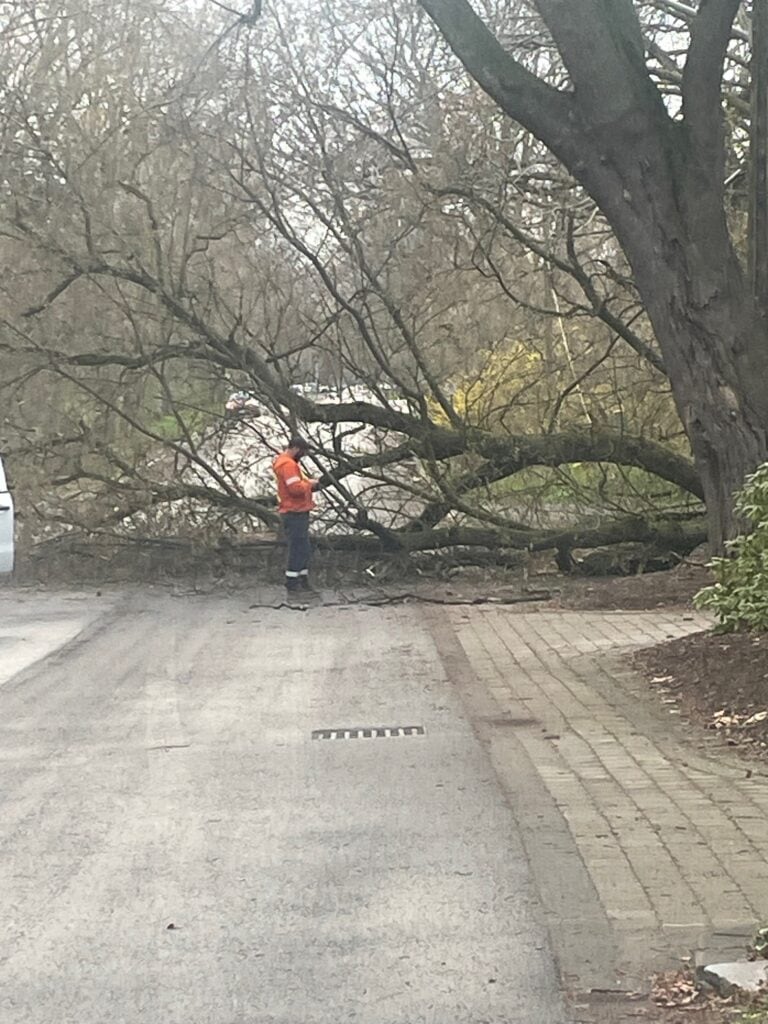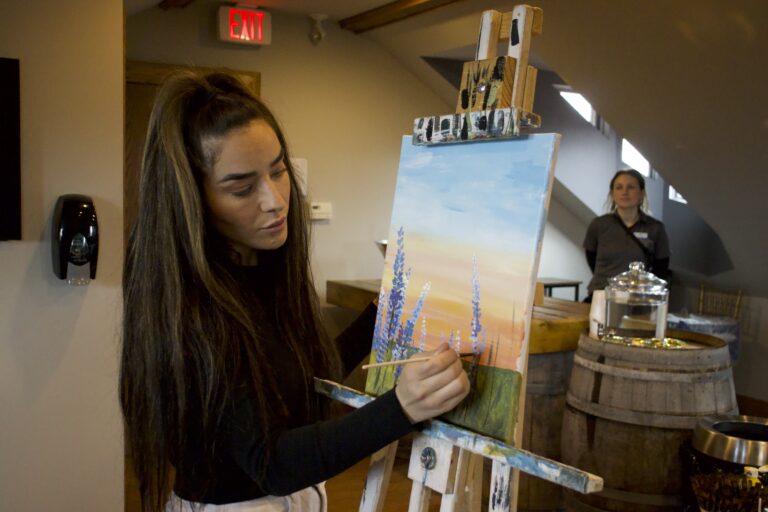For the past two years restaurants have been hit with the financial double-whammy of losing income due to pandemic restrictions and spending extra cash implementing the same restrictions.
And with the upcoming March 1 removal of the proof of vaccination requirement and with capacity restrictions already lifted, Niagara-on-the-Lake restaurateurs are hopeful some economic hardship may finally be behind them.
“I think it’s great. Happy to just get back to normal,” Sunset Grill owner Scott Gauld said in an interview Wednesday.
“I mean, we’re excited, right?” Sandtrap Pub & Grill co-owner Matt Dietsch said. “A few steps forward means we’re getting closer and closer to where we should be.”
“We’re just excited to start having our customers back and our regulars back,” said Kelly Turner, owner of the Olde Angel Inn.
Turner noted the Angel had not yet determined whether to keep the soon-to-be-optional vaccine certificate past March 1 but Gauld, Dietsch and the Irish Harp Pub owner Jovie Joki were ready to leave behind the burdensome — and expensive — process.
“That’s a huge thing that people don’t realize, is the extra costs,” Joki said.
She said she has had to have extra staff on hand even when the restaurant is empty in order to check vaccine certificates and do contact tracing.
“Normally, in the off-season, we don’t need to have a host or anything like that,” she said. “But, because of all the extra work that’s involved, we’ve had to always have a host or a couple of hosts in order to deal with COVID tracking, COVID questions and the vaccine passports,” she said.
“The biggest thing for us is not having to check every single person’s (proof of vaccination). That’s time intensive,” Dietsch said.
“Even just taking contact tracing out saves labour,” Gauld said.
“This time of year, at half-capacity, we shouldn’t be paying a hostess,” Turner said.
She added it is frustrating the province is rolling back COVID restrictions after her restaurant, and all others, made financial investments to implement them.
“We jumped through hoops to put all these things in place. So, it is kind of upsetting that we have to let that go now,” Turner said.
“But at the same time we just want to get back to normal, get back to business.”
Joki said the Harp and its staff have received negative comments from customers who want capacity to remain reduced in order to feel safer while out dining.
The Harp will do everything it can to accommodate people’s fears, Joki said. But she stressed her business supports more than 50 employees and continued financial hardship for the restaurant directly affects the personal lives of its staff.
“You won't have a restaurant to eat in anymore,” Joki said if the Harp implements its own restrictions.
“We’re very family-oriented here. A lot of it has to do with keeping staff and getting them hours.”
She said one of the saving graces of the most recent lockdown was the Harp’s construction of a heated outdoor patio. It could still get pretty chilly out there, but it provided a way for the restaurant and its staff to navigate troubled waters, Joki said.
“That helped. We could give out a lot more shifts,” she said.
She said the progressive steps back to normal life have had the added benefit of boosting mental health around the Harp.
“My staff is so much happier now,” she said.
“This last weekend, it was a great weekend. We were at 100 per cent. Everybody was just feeling like we are getting back to (normal). It’s just a mental stability for people.”
Turner wanted to acknowledge the customers who were co-operative and supportive of the business as the Angel followed provincial mandates.
“I want to thank all our customers who kept us afloat through COVID with takeout orders and all the locals that came to see us,” she said.
Dietsch said he has no stress about easing restrictions but is worried they will be temporary and restaurants could find themselves once again facing restrictive safety measures.
“For us, the biggest problem all along the way is the communication between us and (the province) has been terrible. We have to find all these things out on the news like everybody else,” he said.











